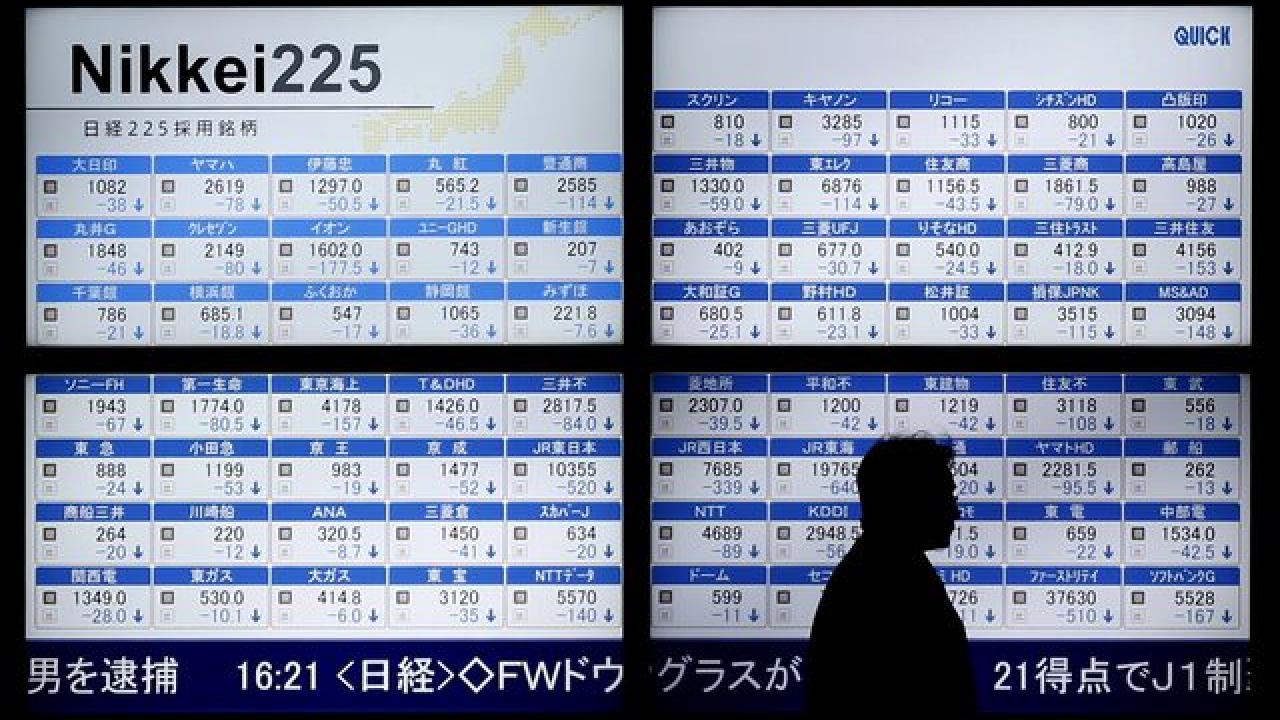
In this context, one of the first indices to be hit was the Nikkei 225 of the Japanese stock market, which at the close fell 2.66% to 38,520.09 points.
International markets are turning red and the dollar is rising after Donald Trump signed executive orders that started a new trade war: he ordered tariffs of 25% for his trading partners Mexico and Canada, and 10% for China.
In this context, one of the first indices to be hit was the Nikkei 225 of the Japanese stock market, which at the close fell 2.66% to 38,520.09 points.
On the other hand, Wall Street futures also fell: the Dow Jones -1.36%; the S&P 500 1.58% and the Nasdaq -1.80%.
STOCK MARKETS REACT TO TRUMP'S TARIFFS AGAINST MEXICO, CANADA AND CHINA
The Vix index rose by 19.90%, showing the heightened concern of investors. Gold appreciated by 0.15% while WTI oil prices rose by 2.66% to US$74.46 per barrel.
In Europe, the London FTSE 100 fell by 1.38%, the German DAX -1.84% and the Spanish IBEX 35 -1.38%.
Finally, at local level, the IPSA fell by 0.82% to 7,140.30 (12:21 p.m.).
Alongside the stock markets, the Dollar Index, which compares the performance of the US currency against other currencies, rose by 0.73%. This translates into the local exchange rate rising to $989.35 (+$7.35) shortly after its opening.
Analysts point out the uncertainty that these new tariff measures have raised, and above all the impact that they would have on trade relations and inflation in the main global power.
ANALYSIS
In his analysis of the dollar, Capitaria's deputy research manager, Ricardo Bustamante, said that "US protectionist policies generate prospects of greater inflationary pressure at the domestic level in the US, which would lead to higher interest rates than previously projected."
On the other hand, copper futures fell 0.61% to US$4.25 per pound, "due to the impact of global trade, especially the tariffs against China, the largest consumer of copper in the world, which could limit its demand due to the economic impact that the eastern country would receive," Bustamante added.
However, the good news of the Imacec for December 2024, which grew by 6.6% - higher than projected - would be partly limiting the rise of the dollar in Chile, highlighted the Capitaria analyst.
In this context, Admirals chief analyst Felipe Sepúlveda said that Trump's announcement has raised fears of "a massive sell-off of risk assets."
“Markets are now assessing the effects of these measures on global economic growth, with a heightened perception of trade disruptions, a possible rise in inflation and less room for rate cuts by the US Federal Reserve,” Sepúlveda added.
In addition, Chinese stock exchanges are closed for the Lunar New Year celebrations. They will resume trading on Tuesday, which “could generate more volatility,” warns the Admirals spokesman.
However, the dollar is expected to be volatile in our country. XTB Latam's head of analysis, Ignacio Mieres, said that the currency could fluctuate between $980 and 1,000 pesos.










